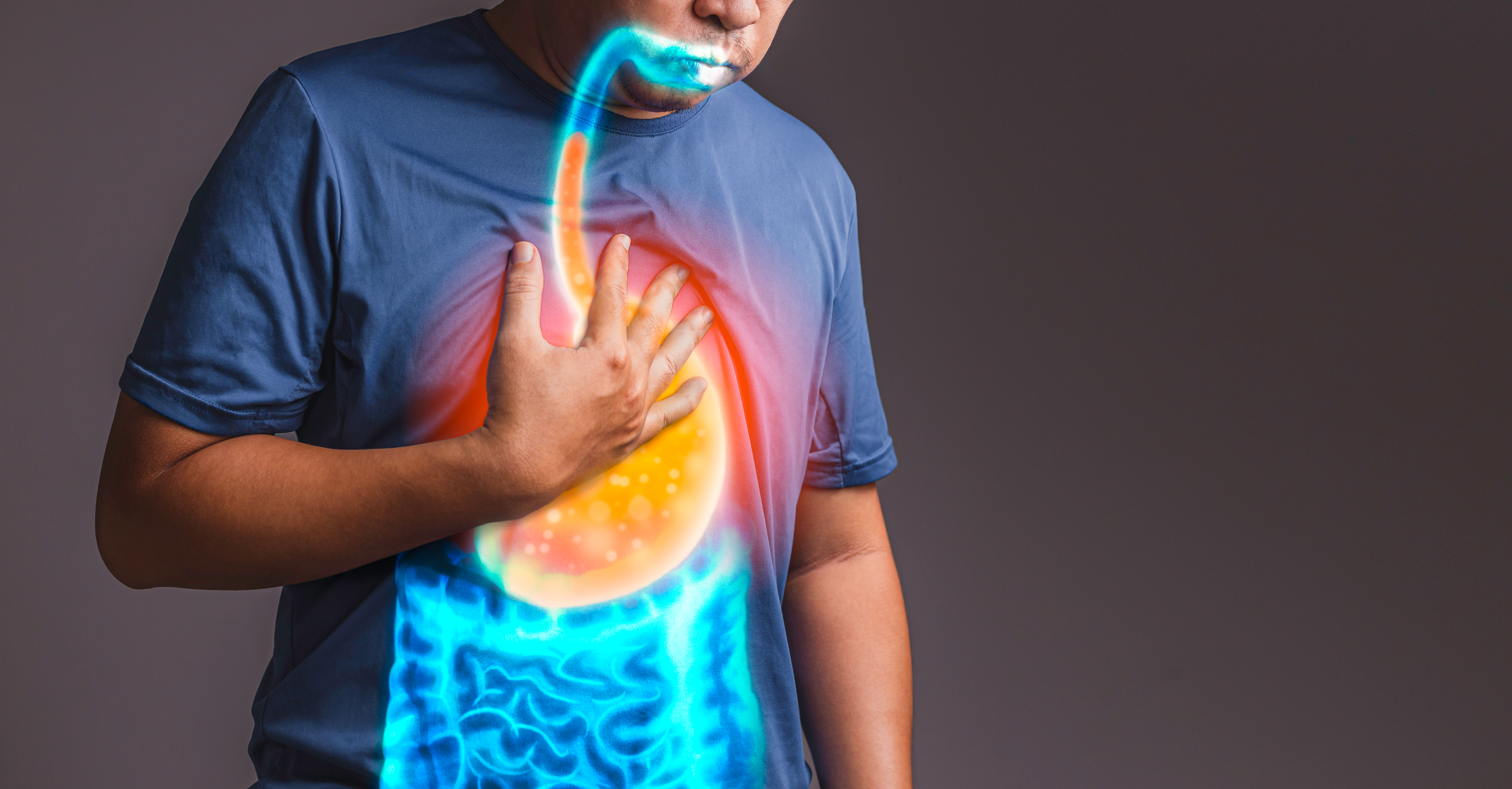Hypothyroidism and Hyperthyroidism Q&A
What is the difference between Hypothyroidism and Hyperthyroidism?

The thyroid, a gland located in the front and at the base of your neck, acts as the control center for your body. Hormones secreted by the thyroid help maintain the brain, heart, muscles, and other organs, and help the body to use energy properly.
When your thyroid becomes overactive or underactive, your metabolism either speeds up or slows down. These two conditions, hyperthyroidism and hypothyroidism, affect the thyroid in different ways. And it all depends on the amount of your body’s hormone output.
Hypothyroidism, or underactive thyroid, occurs when the thyroid gland doesn’t make enough thyroid hormone for the body’s needs. Alternatively, hyperthyroidism, or overactive thyroid, takes place when the thyroid makes too much.
Causes and Symptoms
The most common cause of hypothyroidism is an autoimmune disease called Hashimoto’s disease, where the immune system makes antibodies that destroy thyroid cells and stop them from making the thyroid hormone. The most common form of hyperthyroidism is a condition called Graves’ disease, which sometimes has the appearance of swelling in the front of the neck from an enlarged thyroid gland as well as eyes that appear enlarged because of inflammation.
Hypothyroid symptoms may include:
- Fatigue
- Forgetfulness
- Dry skin
- Dry hair
- Brittle nails
- Constipation
- Weight gain
- Muscle cramps
- Depression
- Decreased menstrual flow
- Swelling in the front of the neck (goiter)
Symptoms of hyperthyroid can include:
- Feeling hot
- Sweating
- Problems falling asleep
- Racing thoughts
- Difficulty focusing on one task
- Forgetfulness
- Change in bowel habits, where bowels are looser
- Elevated heart rate and palpitations
- Anxiety, nervousness, or irritability
- Weight loss
- Menstrual problems
- Fatigue
Who is affected by thyroid disorders?
About 1 in 20 people in the United States diagnosed with hypothyroidism after the age of 12. Hyperthyroidism is less common, with an incidence rate of 1 in 100.
Women are more likely to get thyroid disease, and both hypothyroidism and hyperthyroidism occur more often in women over 60. About 1 in 8 women are estimated to have thyroid disease at some point during their lifetimes.
If you experience any of the above symptoms of thyroid disorders — either underactive thyroid or overactive thyroid — it is important to see your healthcare professional. At Ageless Regenerative Medical, our expert clinicians provide a comprehensive evaluation to help determine whether your thyroid hormone levels are in the normal range and provide treatments to manage and ease your symptoms.




